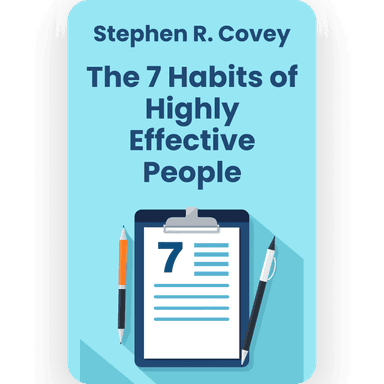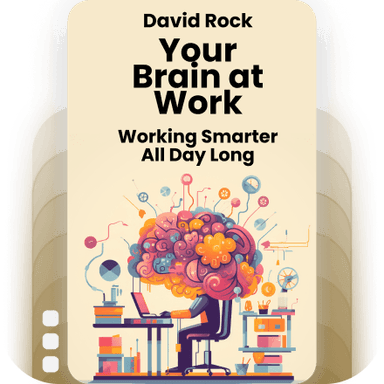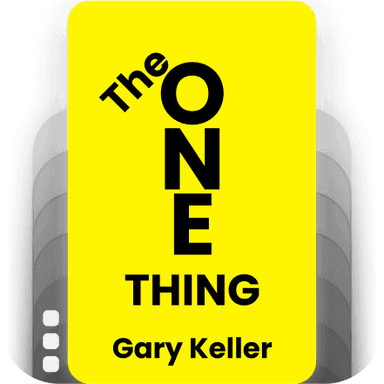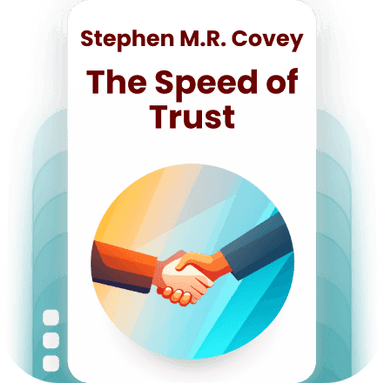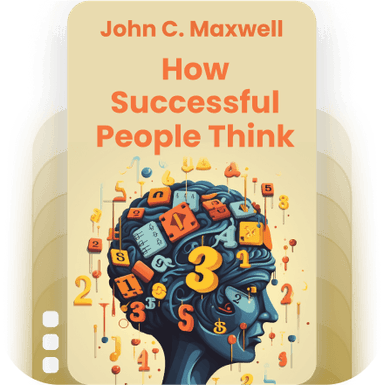
Rich Dad, Poor Dad
Robert T. Kiyosaki
4.0 - 5 ratings
10
List Points
10
Chapters
5
Topics
Description
In this seminal personal finance book, Robert T. Kiyosaki shares the contrasting financial philosophies and practices he learned from his two 'dads'—his biological father (the poor dad) and the father of his best friend (the rich dad). Through a series of lessons and anecdotes, Kiyosaki advocates for financial independence through investing, real estate, starting and owning businesses, and increasing one's financial intelligence. The primary goal is to teach readers how to achieve financial freedom by understanding key concepts such as the difference between assets and liabilities, and by breaking away from traditional mindsets about money, education, and employment that keep individuals trapped in a cycle of debt and dependency.
What will you learn?
By reading this book, you will gain valuable insights into the contrasting financial philosophies of two father figures, which highlight the importance of financial education, investing, and entrepreneurship. You will learn practical lessons about managing money, building wealth, and understanding the difference between assets and liabilities. The book emphasizes the necessity of cultivating a mindset geared towards financial independence, challenging conventional beliefs about work and money, and offering actionable strategies to achieve long-term financial success.
Who’s it for?
• Aspiring entrepreneurs
• Individuals seeking financial education
• Employees aiming for financial independence
• Parents wishing to teach their children about money
• Investors looking to expand their financial knowledge
Categories
Key Learning
Available chapters to listen for this topic- 1
The Importance of Financial Education
Understanding why traditional education fails to teach you about money and how self-education in personal finance is crucial for achieving financial independence. - 2
The Rich Don't Work for Money
Learning how to make money work for you through savvy investments and understanding the difference between assets and liabilities. - 3
Mind Your Own Business
Building and managing your own income-generating assets instead of working solely for a paycheck and relying on a single source of income. - 4
The History of Taxes and the Power of Corporations
Comprehending the origins of taxes and discovering how the rich use corporations to protect and grow their wealth. - 5
The Rich Invent Money
Developing financial intelligence and entrepreneurship skills to create opportunities and generate wealth, rather than simply saving money or relying on traditional employment. - 6
Work to Learn—Don't Work for Money
Valuing jobs and experiences for the skills and knowledge they provide, rather than solely for the paycheck, to build a strong financial foundation. - 7
Overcoming Obstacles to Financial Success
Addressing the common mental and emotional barriers, such as fear and cynicism, that hinder individuals from achieving financial proficiency. - 8
Getting Started on Your Path to Riches
Beginning your journey towards financial independence by taking small steps, setting goals, and continually educating yourself about money management. - 9
The Importance of Financial IQ
Enhancing your financial literacy by mastering the four fundamental areas—accounting, investing, understanding markets, and the law. - 10
Choosing Friends Carefully
Surrounding yourself with financially savvy and motivated individuals who inspire you to succeed and help you maintain a positive, proactive approach toward financial goals.








